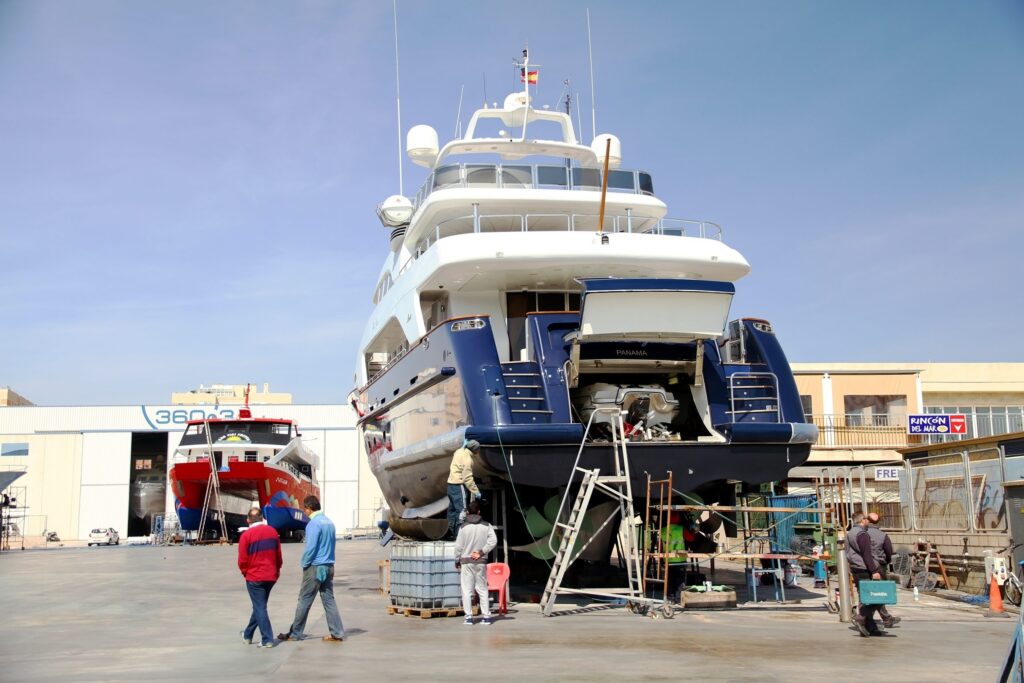Owning a fishing boat is a thrilling experience that opens up a world of adventure on the water, but it also comes with a significant responsibility – maintaining the vessel to ensure reliability and safety. Regular upkeep not only prolongs the life of your boat but also enhances your safety while out on the water. Here are some essential tips to keep your fishing boat in top condition.
Regular Engine Checks – The engine is the heart of your fishing boat, so it is crucial to perform regular checks. Start with changing the oil and filter at recommended intervals, usually every 100 hours of operation or annually, whichever comes first. Inspect the fuel system for leaks and ensure the fuel filter is clean. Check the engine’s cooling system, including the water pump and hoses, to prevent overheating. A well-maintained engine ensures reliable performance and reduces the risk of breakdowns.
Battery Maintenance – The boat’s battery powers critical systems and starts the engine, so it is essential to keep it in good shape. Regularly check the battery’s charge and clean the terminals to prevent corrosion. Ensure the battery is securely mounted and that all connections are tight. Consider 10+ Expert Fishing Boat Maintenance Tips to keep the battery in optimal condition, especially during periods when the boat is not in use.

Hull Inspection and Cleaning – The hull of your boat is exposed to harsh elements, so regular inspection and cleaning are vital. Check for any cracks or damage that could affect the boat’s performance or safety. Clean the hull regularly to remove algae, barnacles, and other debris that can impact speed and fuel efficiency. Applying a fresh coat of anti-fouling paint can also help protect the hull from marine growth and corrosion.
Safety Equipment Checks – Ensuring that your boat’s safety equipment is in good working order is non-negotiable. Regularly inspect life jackets, flares, fire extinguishers, and other safety gear. Ensure that all equipment is easily accessible and that you have enough life jackets for everyone on board. Check the functionality of navigation lights and signals to ensure they are operational before each trip.
Bilge and Pump Maintenance – The bilge area of your boat is where water collects, and having a functioning bilge pump is crucial for removing excess water. Regularly inspect and clean the bilge area to ensure there is no debris that could block the pump. Test the bilge pump frequently to make sure it activates properly and is in good working order.
Electrical System Care – A boat’s electrical system is complex, with various components including wiring, switches, and fuses. Regularly check all wiring for signs of wear or corrosion. Inspect and test all electrical systems and connections, including lights and instruments, to ensure they are functioning correctly. Address any issues immediately to prevent more significant problems.
Storage and Winterization – Proper storage and winterization are crucial for prolonging your boat’s lifespan. Before storing your boat for an extended period, such as during winter, thoroughly clean and dry the boat. Winterize the engine by draining water and adding antifreeze. Store the boat in a dry, covered area to protect it from the elements and pests.